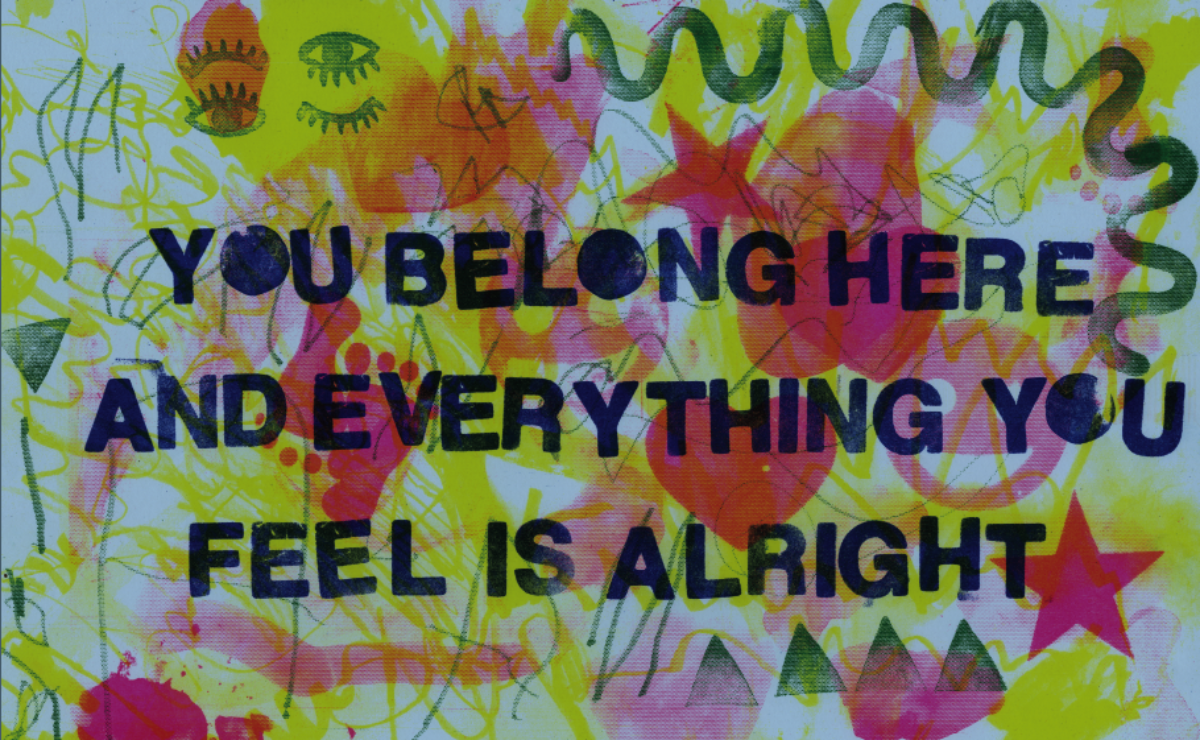4. Ijeoma A. and Pascoe write about expectations that are placed on girls and boys, respectively. What are some of the norms that they write about? What are some of the norms that you grew up with, either in your own experience or that you witnessed? How did you relate to these norms?
From “because you’re a girl” by Ijeoma A. and “Making Masculinity” by Pascoe, I can relate to a lot of things said in both articles, either things that were said to me or my sister. In “Because you’re a girl” Ijeoma highlights some responsibilities of girls, one of which is cleaning and serving men. “Everything in my childhood substantiated the need for women to submit.” (Ijeoma A.) Although never experiencing this myself, I can say that this often happens to my sister. My family is still conservative and often pushes their ideals onto my sister and I. They often tell my sister things like “help clean up after your brother, you’re a woman, this is your job” or “cook your brother some food, men can’t cook for themselves”. This has gotten my sister and I in trouble many times since we think very differently from our grandparents. As for me, things were not much different as I am also criticized for my masculinity more often than I’d like. “Their weakness and their high-pitched voices cast them as feminine.” (Pascoe). I especially connect with this quote because I am often criticized for my voice. I have a high pitched voice when I am talking comfortably and I’ve had family members and friends telling me I sound “gay” because I have a higher-pitched voice. Although they weren’t wrong, it was awkward being called out and having to make up an excuse for sounding the way I am. I have a lot more experiences that I can talk about but the moral of the story is that these expectations of gender roles are toxic and we can progress to a more accepting society if we can get of these norms that are so deeply rooted in our society.
